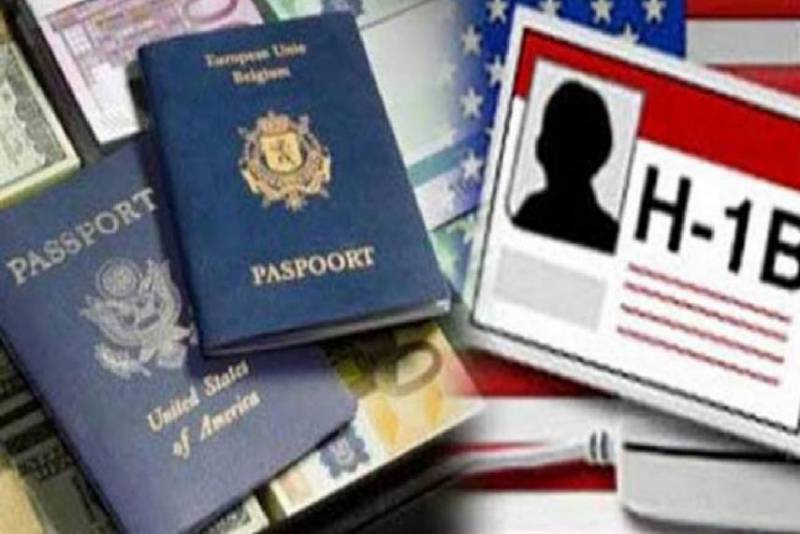Around 24,000 techies from AP, TS have till April to get H-1B Visa
By Newsmeter Network
Hyderabad: Over 68,000 Indian techies who are working in the US under the Optional Practical Traning (OPT) programme have till April to get an H-1B visa as their OPT period is coming to an end. Out of the 68,000 techies, 20-24,000 are from the Telugu states.
The OPT has given sleepless nights to the Indians. The reason is the OPT is given for three years and the period is ending soon. The techies had, earlier, lost an opportunity to apply for H-1B visa twice. The only option left is to go back to their home country or join another university for a PhD. This can only be done when an individual has all the right to do so. They can also do another Masters course. However, low-income families will find it very difficult to send them back to the US for further studies.
Indians who went to the US in 2015-16 are facing problems now with their visa. As the number of students going to the US since 2014 has doubled, experts cite this as the reason for the OPT issue. America issues H-1B visa to 85,000 people but the number of students applying for H-1B visa crossed one lakh in 2016. An attorney from New York says that the number this year will cross 1.5 lakh. It will not be a surprise if over 2 lakh software engineers request for H-1B visa in the next two years.
G. Ramanjeya Reddy says, "I had come to America in 2015 to do my Masters at Alabama University. I got the OPT in 2017 and started working at a company as a software engineer. I had requested for an H-1B visa in 2018-19 but my name wasn't picked in the lottery. I hope I get the visa this year or I will go back to India."
Reports say that the H-1B visa period will be over for around 20-24 thousand people from the Telugu states. If they don't get a visa in the limited time, they have to go back and apply again. Techies with good financial backing are trying to stay in the US. "Getting a double degree is difficult. Many students who have double degrees from our universities have moved to Canada, Australia, and Britain. There will definitely be problems for people who come to America only for jobs," a professor of computer science from the University of California wrote in an article.
"People who come here for higher education, either aims for job opportunities or to grow their knowledge. India has to focus on this," says Professor Barry Williams, University of southern California.
On the other hand, people who don't have H-1B visas are on a hunt for people who have it. They are urging their parents to find them partners who have the H-1B visas because if one of them has the visa, the other partner is allowed to stay in the US and work. An individual who marries someone who has an H-1B visa and who doesn't have to wait for the Green card can live legally in America. Marriage bureaus are taking advantage of this situation.